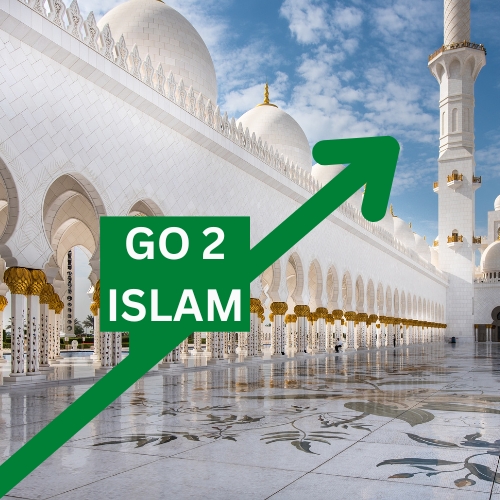Fasting during the month of Ramadan is considered one of the Five Pillars of Islam, and it is a central aspect of the Islamic faith. Muslims approach fasting during Ramadan as a way to purify the soul and strengthen their relationship with Allah (God).
During Ramadan, Muslims abstain from food, drink, and other physical needs from dawn until sunset. This includes refraining from smoking, sexual activity, and other forms of indulgence. The purpose of fasting is to increase self-discipline, self-control, and empathy towards those who are less fortunate.
The first meal of the day, known as suhoor, is consumed before dawn. Muslims wake up early in the morning to eat this meal and perform the fajr (morning) prayer. The fast is broken at sunset with the meal known as iftar, often shared with family and friends. Muslims also engage in additional prayers and spiritual activities during Ramadan, such as reading the Quran, attending religious lectures, and engaging in acts of charity and kindness towards others.
Fasting during Ramadan is obligatory for all adult Muslims who are physically able to do so. Exceptions are made for those who are sick, pregnant, breastfeeding, traveling, or menstruating. In some cases, individuals may be exempted from fasting if it poses a risk to their health.
The end of Ramadan is marked by the festival of Eid al-Fitr, which is celebrated with prayers, family gatherings, and feasting. It is a time to express gratitude to Allah for the blessings of the past month and to share joy and happiness with others.
In conclusion, Muslims approach fasting during Ramadan as a means of purifying the soul, strengthening their relationship with Allah, and practicing self-discipline and empathy towards others. It is an important aspect of the Islamic faith and is obligatory for all adult Muslims who are physically able to fast. Ramadan is also a time for spiritual reflection, prayer, acts of charity, and celebrating the end of the month with family and friends during Eid al-Fitr.

